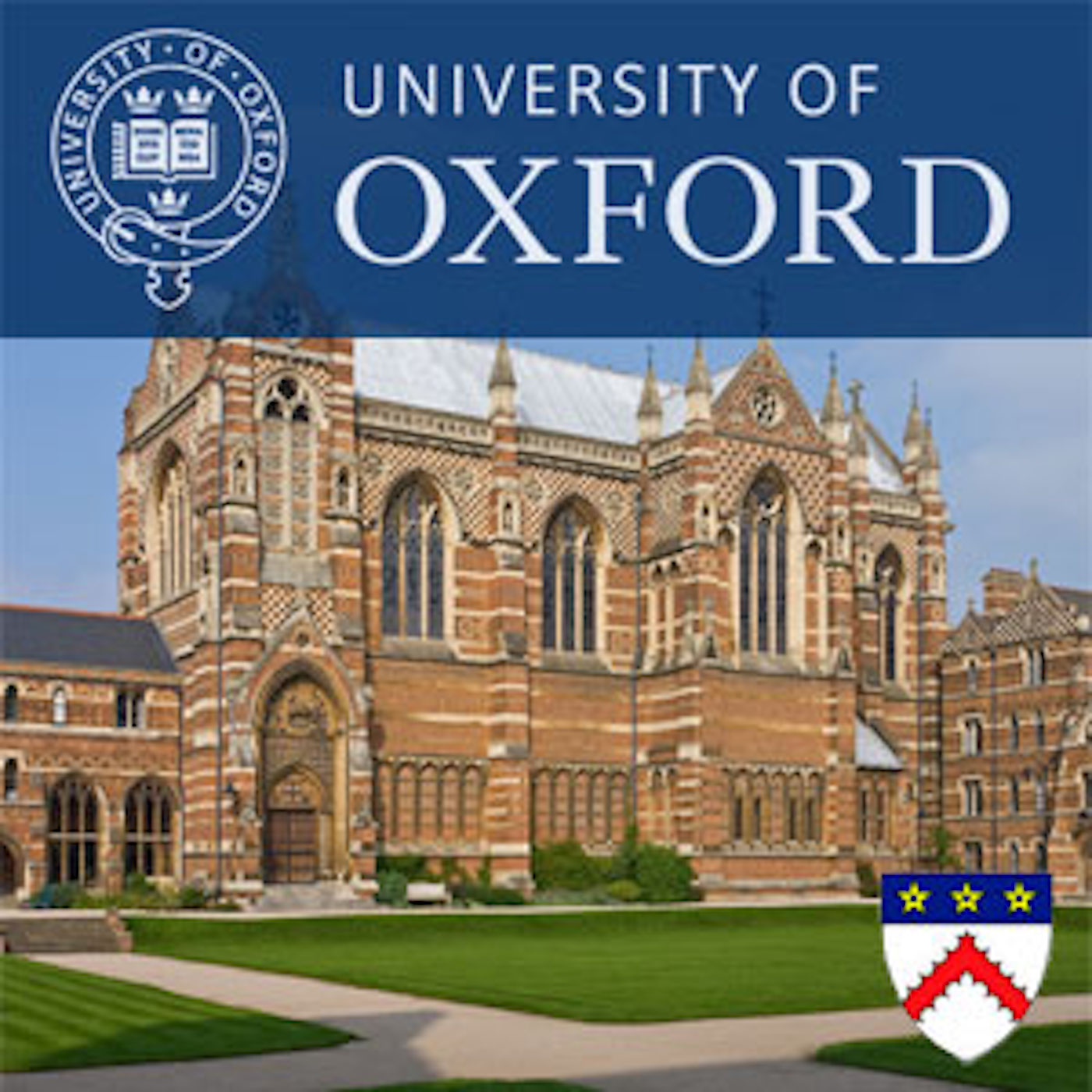Partial Differential Equations: Origins, Developments and Roles in the Changing World
Description
Professor Gui-Qiang G. Chen presents in his inaugural lecture several examples to illustrate the origins, developments, and roles of partial differential equations in our changing world. While calculus is a mathematical theory concerned with change, differential equations are the mathematician's foremost aid for describing change. In the simplest case, a process depends on one variable alone, for example time. More complex phenomena depend on several variables - perhaps time and, in addition, one, two or three space variables. Such processes require the use of partial differential equations. The behaviour of every material object in nature, with timescales ranging from picoseconds to millennia and length scales ranging from sub-atomic to astronomical, can be modeled by nonlinear partial differential equations or by equations with similar features. The roles of partial differential equations within mathematics and in the other sciences become increasingly significant. The mathematical theory of partial differential equations has a long history. In the recent decades, the subject has experienced a vigorous growth, and research is marching on at a brisk pace.
More Episodes
Published 01/06/20
The Different Scales of Modern History. William Whyte (Professor of Social & Architectural History, St John's College) delivers a lecture about the legacy of Ralph Walter. Creative Commons Attribution-Non-Commercial-Share Alike 2.0 UK: England & Wales;...
Published 05/15/18
The Keble Debates are termly conversations bringing together leading figures from the worlds of theatre, fiction and poetry to explore contemporary issues in the arts, and the way the arts engage with contemporary issues in wider society. The second debate focuses on Talent Management and...
Published 04/09/18


